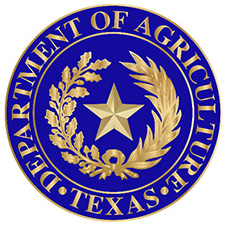House to start ‘new NAFTA’ on its way to reality
The Democratic-controlled House is set to approve one of President Trump’s top priorities today — an updated North American trade pact — a day after impeaching him. The Senate is not expected to give final congressional approval to the United States-Mexico-Canada Agreement until early next year.
EPA to stick with RFS proposal that ethanol industry opposes, says report
With the EPA expected to act as soon as Friday, biofuel supporters have called for President Trump’s direct intervention to assure a market for 15 billion gallons of corn ethanol in 2020.
Calling impeachment ‘a mistake,’ Peterson votes against it
House Agriculture chairman Collin Peterson of Minnesota and committee member Jeff Van Drew of New Jersey voted against the impeachment of President Trump on Wednesday.
TODAY’S QUICK HITS
Moving GE animals to USDA control (FERN’s Ag Insider): Leaders of the National Pork Producers Council are “very hopeful of a positive result by early next year” in their campaign to shift regulation of genetically engineered livestock from the FDA to the USDA.
Gangs target hog farmers (South China Morning Post): Criminal gangs in China are using tricks, ranging from spreading rumors of the arrival of African swine fever to leaving dead pigs along roadsides, to convince Chinese hog farmers to sell their livestock at low prices.
Greenstein to step down at Center on Budget (CBPP): Robert Greenstein, the founder and leader of the Center on Budget and Policy Priorities for 38 years, will step down as president of the think tank on Dec. 31.
Trade war affects East Africa (EIF): Because of the Sino-U.S. trade war, soybean prices are rising in East Africa — good news for the region’s soybean growers but not for its poultry and dairy farmers, said a report from the International Food Policy Research Institute.
Feral hogs head north — with help (New York Times): Feral pigs, long established in the South, have doubled their range to 38 states in the past three decades. USDA officials believe that in some cases people are transporting the animals to new areas to create hunting opportunities.











